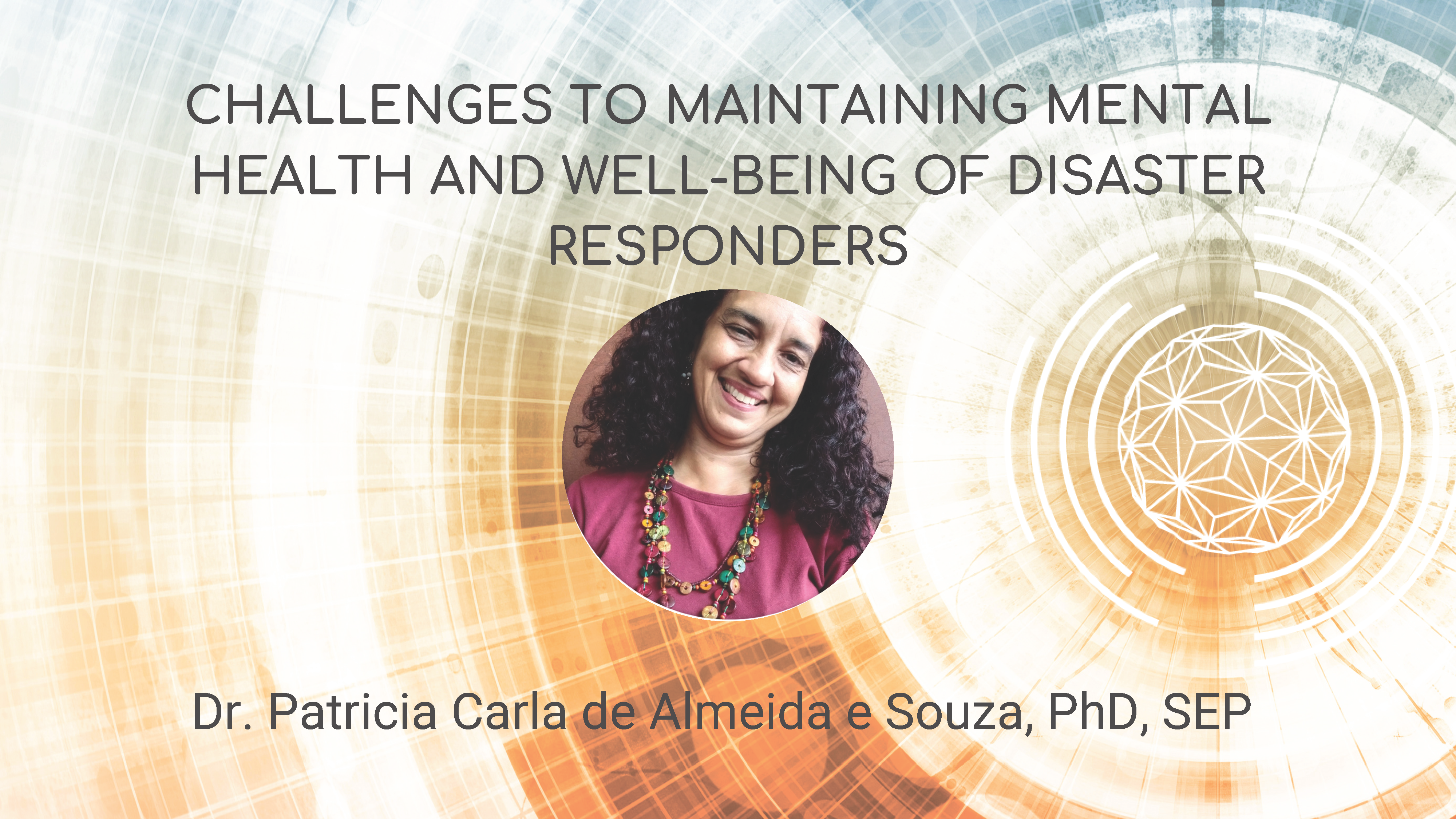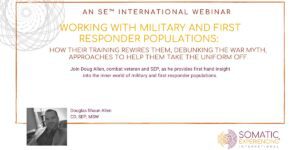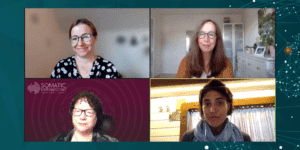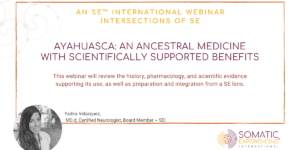Challenges to Maintaining Mental Health and Well-Being of Disaster Responders – Patricia Carla, PhD, SEP

Description
| Description This work focuses on post-doctoral qualitative research related to professionals and volunteers and their challenges to maintaining mental health and well-being in disaster/crisis. It includes possible emotional and physiological overload experienced before, during and after work. Part of academic works and effective actions in the field of disasters are focused on the vulnerability and necessity of psychosocial support for people in situation of extreme events. There is considerable lack of methodologies and practical actions to support mental health and wellbeing of professionals and volunteers involved, the ‘caregivers’ – especially focusing on preventive actions and at the response phase of disasters. Those caregivers can be equally subjected to high stress levels, secondary trauma and burnout, creating a field of increased vulnerabilities. The repercussions include emotional and physiological overloads, with possible impacts in the social engagement at work and family, the quality of work and self-care. Considering an existing context of great challenges around the theme, we point out the need of relevant public policies and new psychosocial approaches, which could possibly guarantee physical and psycho-emotional protection for caregivers. Somatic practices are highly recommended as a possible strategy for self-regulation and collective co-regulation not only for the subjects in situation of disasters but mainly for disaster responders. Learning Objectives 1. Discuss relevant issues involving mental health and well-being of responders, dealing with disaster and crisis field work. 2. Share some important methodological elements of the qualitative research. 3. Review some basic concepts related to vulnerability, stress, trauma, strengths, and psychosocial implications of crisis. 4. Suggest some somatic practices, including ‘somatic experiencing (SE)’ approach, mentioned by the participants of the study for self-regulation but also co-regulation of professionals and volunteers. 5. Identify some limitations of this study and cues for future academic research, mainly for the Somatic Experiencing community.1 hour 15 minutes . |
$17.99




